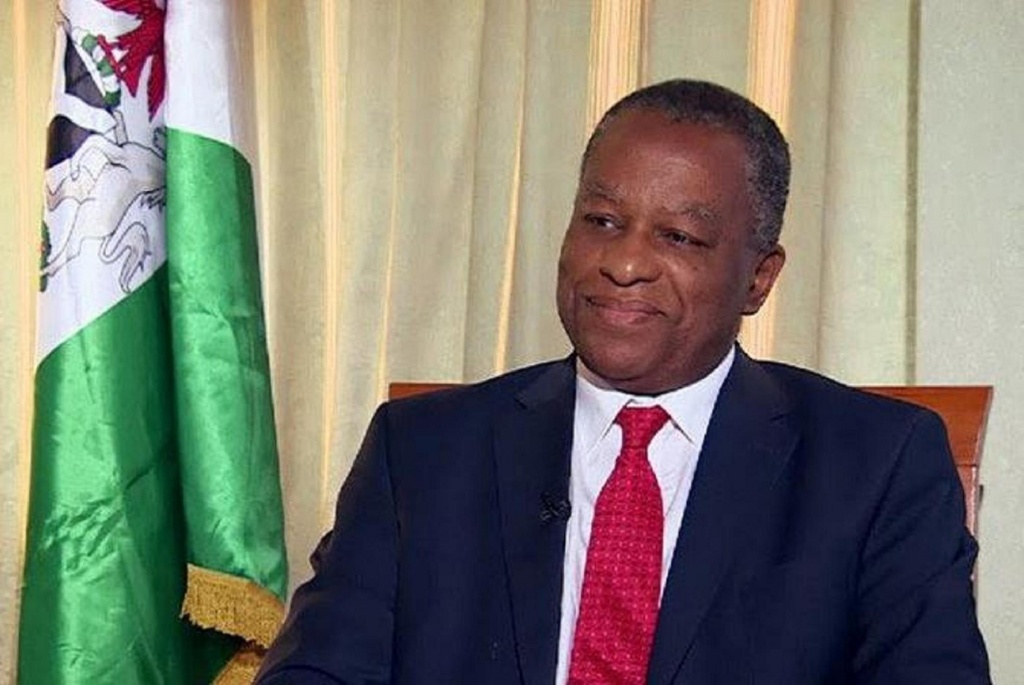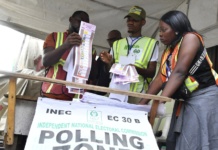


By Auwalu Garba Ajingi – Nigeria is the most populous black nation in the world. Its foreign policy appears Afrocentric. Africa was the centrepiece of Nigerian foreign policy as envisioned by the Murtala Muhammed’s regime in the 70s. Nigeria, being the big brother on the African continent used its influence in helping the self-determination struggle of fellow African countries until the region was liberated of colonial rulers. One of the remarkable achievements of Nigerian foreign policy was when it helped to end apartheid in South Africa in the 90s.
Relatedly, Nigeria played a leading role in the formation of regional economic organizations, such as the Economic Community of West African States (ECOWAS) and the Organization of African Union (OAU), which metamorphosed into African Union (AU). Both bodies try to foster unity and economic progress of member states.
Nigeria makes significant contributions in funding and running of these regional organizations thus have relative bargaining power in advancing her interest within the continent.
Nigerian foreign policy came on the spotlight during the Cold War between the western countries led by the U. S. A. and Russia in the 80s. Nigeria, and indeed many other developing countries were expected to take one side or the other. But in trying to exercise its sovereignty, decided to take a neutral stance otherwise known as a non-align movement.
There was a diplomatic row between Nigeria and South Africa as a result of killings of Africans, especially Nigerians in 2019 (xenophobia). Again, Nigeria led the way in de-escalating the situation by deploying diplomatic gestures to resolve the matter amicably. We can’t overlook the Nigerian leadership role in The Gambia. Yahya Jammeh lost the presidential election in 2017 but refused to go, which nearly spiral the small African country into crisis. Thanks to Nigeria’s timely diplomatic intervention, no single bullet was shot in resolving the situation.
Similarly, the impact of Nigerian diplomacy was visible during the Ivorian post-election conflict in 2010. Nigeria played a significant role in stopping the bloodshed as a result of the refusal of Laurent Gbagbo to accept defeat. Conflict resolution in Africa is central to Nigerian foreign policy in order to preserve democracy in the region.
The coronavirus crisis highlights the need for Nigerian leadership to overhaul its relationship with the globe to address the economic crisis bedevilling its citizens. This pandemic came at a time of profound uncertainty over Nigeria’s role in Africa and the world in general. Because millions of youth are unemployed, a situation compelling our men and women to risk their lives to cross the Mediterranean Sea in search of a greener pasture. Unfortunately, many don’t make it alive.
Covid19 has made a bad economic situation worse. It devastated the Nigerian economy. The prices of Brent crude, the primary source of our income is at the lowest ebb. The fear is that more Nigerians would try to leave the country by whatever means available to them to earn a living after COVID-19. It doesn’t matter if their lives are at risk. Their hunger may overcome their fear of the oceanic journey. The end justifies the means for most of them. The whole world is looking at Nigeria as the giant of Africa for a solution to this humanitarian disaster.
Another reason Nigeria should adopt a more pragmatic foreign policy is the pugnacious Boko haram campaign. The anarchy in Libya caused by the fall of Gaddafi in 2011 made it easier for criminals to smuggle arms to Nigeria, which in part fuelled terrorism. International synergy is necessary to tackle the menace of terrorism. No country can face this alone especially post-Covid-19. To secure our borders, intelligence sharing amongst the contiguous countries should be the cardinal principle for Nigerian foreign policy in Africa post-COVID-19.
Again, most urban dwellers doubted the existence of coronavirus pandemic. Some Nigerians wrongly believed, at least in the beginning, that COVID-19 does not affect Africans. The extent of COVID-19 in Nigeria and elsewhere in Africa generally indicates a low level of spread. Nigeria’s coronavirus spread has mostly been concentrated in Abuja, Lagos, Kano and Ogun states.
COVID-19 was a major source of shock not only in Nigeria but overwhelmed the global body-polity. The horror about it is that nations are protecting their borders, and even limiting some international trades. This poses a threat to the global unity that’s required to combat the pandemic.
Considering the over-dependence of Nigeria on the importation of essential and non-essential commodities such as matches, tooth-pick, rice to mention a few. Nigeria may find it difficult to meet her import demands in the long run, with most borders around the world closed.
Therefore, in the future, Nigeria would be better positioned to withstand a major shock if it harnesses the capital and human resources at its disposal to produce locally. Nigeria must enact policies that ensure it produces most of her goods locally, export them out and gain a favourable balance of trade. With this, Nigeria is bound to claim its rightful position as the undisputed leader of Africa in the comity of nations post-COVID-19.

Kindly follow us on twitter:@AfricanVoice2










